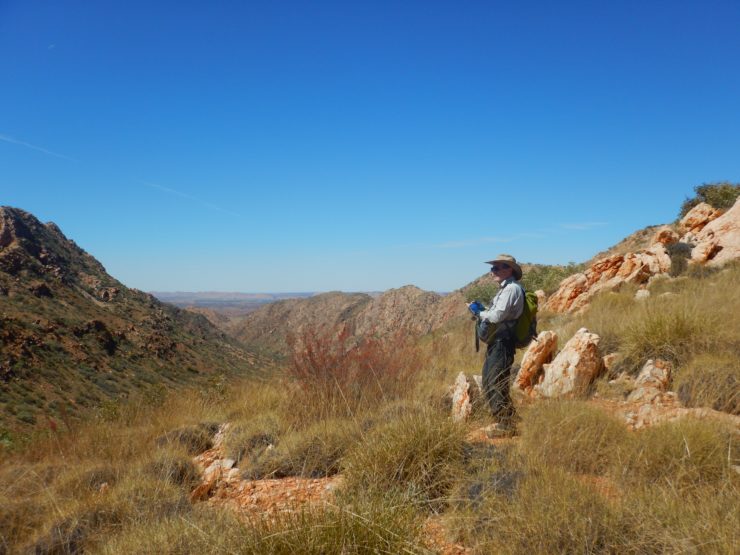Hydration Tips For The Trail

Hydration Tips For The Trail
Posted on
Our bodies are made up of roughly 60% water at any given time (2% wine after a long day for some) so it makes sense that we keep ourselves in tip top shape when it comes to staying hydrated on the hiking trails. While it may seem like a fairly common sense concept to make sure we don’t get dehydrated while we are out hiking, there are several things that are often overlooked when it comes to topping up the fluids.
Just Water Isn’t Enough
When the body sweats we aren’t just expelling straight water in an effort to keep ourselves cool. Along with the precious water loss, we are losing salts and minerals that keep us in good working order. Over the course of a long day’s hiking, just drinking water isn’t enough to replace these things so you need to think about how to get them back into your system. One way is to add supplements or powders to your drink bottle such as Staminade, Berocca or Powerade. While they do contain a lot of sugar, they also replenish a good proportion of what you have lost over the day and will prevent excessive fatigue (due to low blood sugar), cramping (lack of sodium) and they kind of taste nice if you find a flavour you like.
Drink Regularly
If you’ve ever been severely dehydrated and required medical attention then you will be well aware of a nurse or doctor handing you a cup of electrolyte mix and telling you to just sip it slowly. There is a good reason for this as the body can only process/absorb so much liquid at a time and it’s not good to just down a litre of water and hope for the best. I’m not suggesting that you set alarms every 15 minutes and measure out your fluid intake but make sure you keep on top of things before dehydration gets the better of you. Taking a sip every now and then over the course of a hike will make you feel much better and avoid dehydration creeping up on you. Once you start feeling dehydrated, it’s a harder task to recover than if you had just stopped for a drink every now and then.
Dress to the Conditions
This one is another common sense thing but it’s surprising how many people I see out on the trails that still don’t take this into consideration. While it may be cold when you start a hike, the body will soon begin to warm you up through the increased aerobic activity. That jumper or beanie you thought you needed but are too proud to take off 5 minutes into a hike isn’t worth it and will cause you to overheat and thus sweat more. Dressing appropriately with lightweight and moisture wicking technology will go a long way to preventing excessive water loss. Just remember that you lose the most heat through your feet, hands and head when dressing for a hike.
Avoid Hiking on a Hangover
I talked about this in my last post, hiking on a hangover is not the best thing to do for a few reasons. The biggest one is that alcohol dehydrates the body so if you start a hike already hungover then you are well behind the 8 ball when it comes to rehydration. As I mentioned, the body can only process/absorb so much at once so if you are having a big one the night before a hike then make sure you drink plenty of water before going to bed or put your drinking trousers away a bit earlier than normal. Not strictly related to alcohol intake but caffeine instead, having tea or coffee as a preferred drink on the trail will also cause you to expel more fluids than you drink so be careful if you are counting on a thermos for a good proportion of your fluid intake.
Know Thyself
This one is super important and comes with experience out on the trail. For me, I know that most hikes in winter/spring conditions I can get away with a litre or two of water over the course of a day and know at what temperatures I need to carry more. Some people sweat more than others so don’t rely on generic advice, instead take mental notes (or physical if you want) about how much you consumed and if that was enough for that distance/terrain/weather. Always carry extra just in case but over the course of a hiking season you will have a pretty good feel for how much your body needs or can cope with in an emergency.
For what may seem like a pretty simple idea, take water on a hike, there are several factors that go into keeping your body hydrated and in great hiking condition. If you have any great hydration tips then feel free to share them in the comments section below.
-Mark Pybus
Guest blogger



